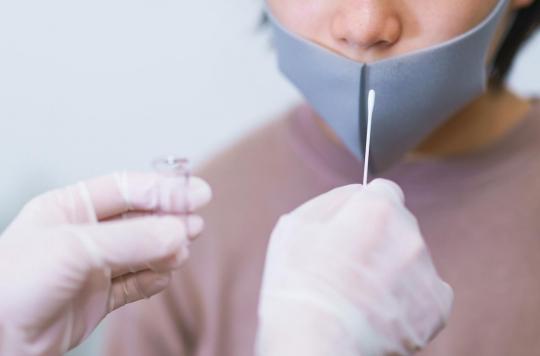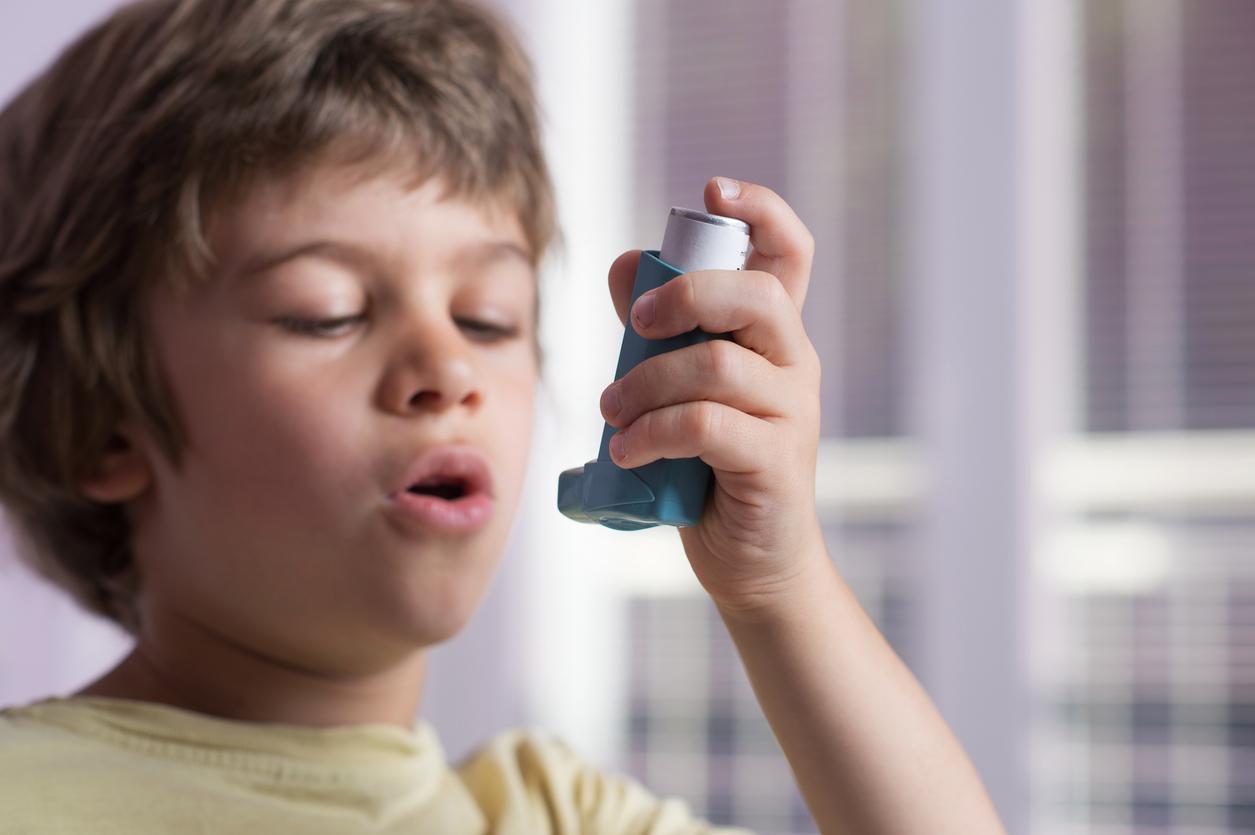The Academy of Medicine warns of these tests which “are not without risk” and evokes cases of “breaches of the anterior floor of the base of the skull associated with a risk of meningitis”.

- Between March 1, 2020 and April 4, 2021, nearly 71 million tests with nasopharyngeal swabs were performed.
- The Academy of Medicine recalls the necessary respect for good practices to carry out these tests
- A badly handled swab can affect areas of the brain with serious consequences
Nasopharyngeal tests, used for PCR and antigen screening for SARS-CoV-2, are now part of our daily lives. Their numbers have exploded. Between 1er March 2020 and April 4, 2021, nearly 71 million were made, according to an estimate from the DREES presented this Thursday. If these tests have multiplied, they “are not without risk” and of “serious complications” have been observed, as recalled this Thursday, April 8, the National Academy of Medicine in a statement.
Respect good practices
These tests involve inserting a swab into both nostrils to collect deep nasal cells. While irritating and sometimes painful, these tests can also go wrong and “serious complications began to be described in the medical literature a few weeks ago”, notes the Academy. She takes the example ofbreaches of the anterior level of the base of the skull associated with a risk of meningitis”. 1er last October, the scientific journal JAMA had mentioned the case of an American woman who had the wall of the brain pierced during a PCR test.
The Academy of Medicine adds that certain samples are taken “in unsuitable conditions”. She therefore insists on the need to “follow good practices”. The practice of these samples must be reserved “health professionals trained to perform this procedure under rigorous technical conditions.” People who are about to get tested should “inquire about any accidental or surgical history in the ENT sphere“who were able to modify”the anatomy of the nasal and sinus cavities”. Finally, we must notdo not place the patient’s head in hyperextension during sampling” and ensure “ introduce the swab horizontally following the floor of the nasal cavity”.
Beware of self-tests
For children, the Academy recommends the use of saliva tests. Regarding self-tests, planned to be sold in pharmacies for a targeted audience from April 12, she warns. While they do not require as deep a sample as PCR or antigen tests, these “self-swabs can lead to false negatives when the swab is too shy and superficial, but can also become dangerous when the swab is too deep and directed in the wrong direction”.

.

















